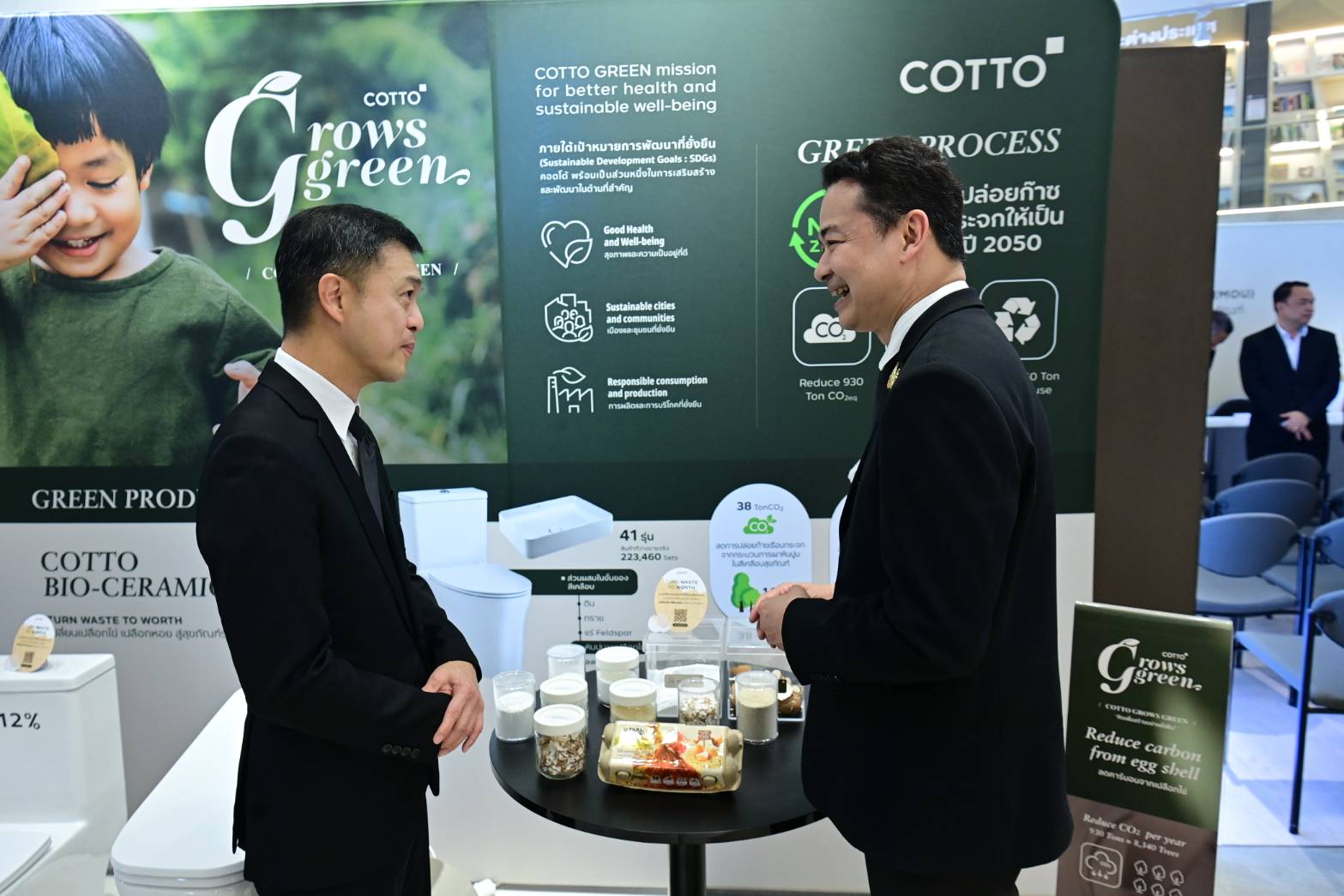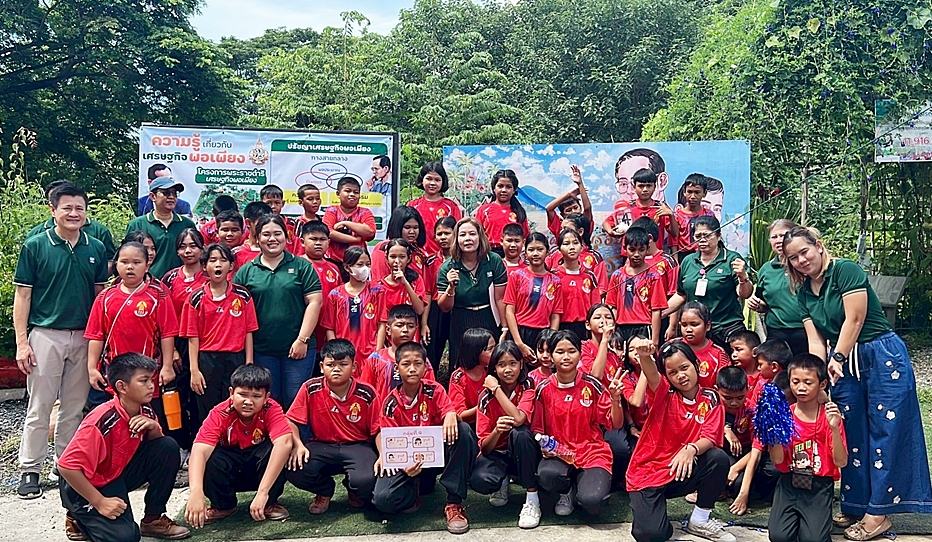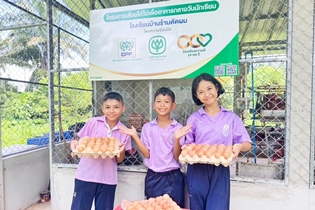

Charoen Pokphand Foods Public Company Limited (CP Foods) has applied technologies together with the 3Rs principle (Reduce, Reuse, Recycle) in an effort to increase efficiency in water management throughout the production process based on the Circular Economy principle for sustainable natural resources conservation.
Peerapong Krinchai, Executive Vice President – Corporate Engineering and Chairperson of the Working Group on Climate Change Management Water and Waste of CP Foods, said, the company recognizes the importance of water resources management for continuity in the agro-industrial and food business. In 2021, CP Foods was able to reduce its average water withdrawal per unit of production by 43% compared to the base year 2015. Also, the company reused and recycled 44% of the total amount of water usage. Moreover, the performance of water withdrawal per production unit in 2021 was better than the target set in 2025 which to reduce water withdrawal per unit of production by 30 percent.
To optimize water-use efficiency, CP Foods has applied the 3Rs principles , including Reduce-Reuse-Recycle by using water from treatment system for non-production-related activities in the livestock feed business, such as watering plants, cleaning road surfaces, etc. CP Foods applied Ultrafiltration (Ultrafiltration: UF) technology to improve water quality and clean water for new uses such as tools and equipment cleaning, water in the bathroom, specifically in areas that are not in contact with humans. The company also applied Reverse osmosis technology to filter water from the water treatment process and to reuse in evaporative system in the cooling system.
The company adopts multiple new water-saving solutions and innovations such as replacing Water Chill system with Air Chill system for reducing the temperature of the chicken in the production process which can reduce water usage by about 15 percent compared to the original production.
In the company’s aquaculture business, two closed shrimp farms namely Bang Sra Kao Farm in Chanthaburi province and the Roi Petch Farm in Trat province has adopted the biofloc system. The biofloc is a group of microorganisms capable of treating waste and shrimp excreted in the pond, resulting in reduced water usage. Meanwhile, UF technology can filtered the treated water and circulated back to shrimp pond. The system reduces the need to change water in the ponds, leading to 75% reduction of the amount of water withdrawal for the shrimp farming. In conclusion, the company 's water withdrawal per production unit was reduced from 17.3 cubic meters per ton to 15.28. cubic meter per ton in 2021.
Peerapong added that CP Foods has announced the Sustainable Environment Goals 2020-2025, with the target of reducing energy consumption per production unit by 15%, reducing the amount of water used per production unit by 30%, reducing the amount of waste disposal to landfill and incineration per production unit 35% and reduce the amount of greenhouse gas emissions per production unit by 25%. To attain these sustainability goals, the company carried out various projects including phasing out coal fuel in its production process in Thailand by 2022 (Coal Free 2022) and promoting renewable energy in the production processes. At present, the Company has the proportion of renewable energy to 27 percent of the total energy consumption.
Moreover, CP Foods operates its business with an emphasis on sustainable environmental operations. In addition to maximizing the use of water resources, the Company has also carried out a conservation and restoration of watershed forests project of the CPF Rak Nives at Phraya Doen Thong Mountain Project, covering an area 6,971 rai, which is currently entering the second phase of the project (year 2021 - 2025).








_1752829776.jpg)
